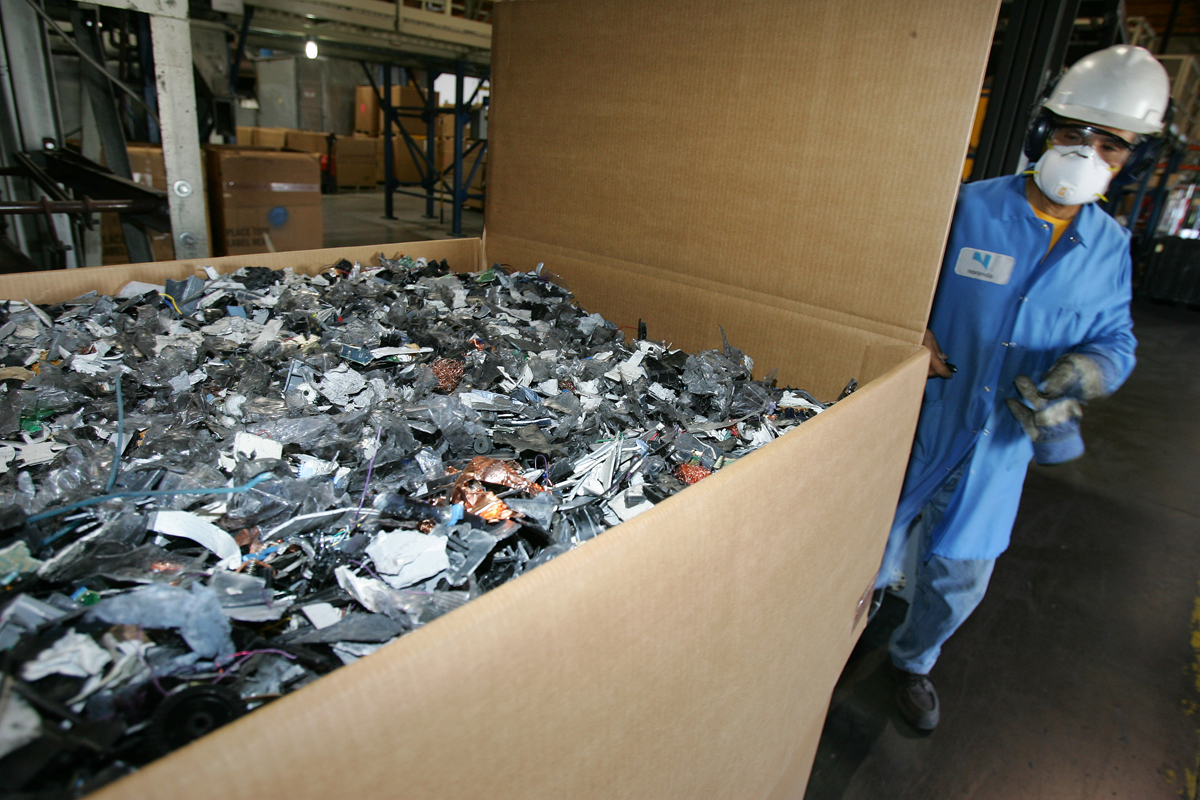Egyptian and Chinese ministers of trade and industry and ministers of investment signed an agreement on behalf of the Egyptian government with the Chinese vice minister of Commerce and Development and Reform Commission on the research and execution of 18 projects during the G20-Ministerial Committee meeting that was held on Monday in Beijing.
This agreement aims to increase the productive capacity of both China and Egypt using funds from China going to high priority industries such as electricity, transportation, housing, manufacturing, and communication.
During the agreement, some planned projects were cancelled and other projects were introduced, with options currently being explored, said Minister of Trade and Industry Tarek Kabil.
Kabil listed some of the proposed projects, including projects in textile, electronics manufacturing, animal fodder, and flat glass. There are also plans to build a phosphate complex in New Wadi.
Other plans include updating and increasing the quality of the Egyptian electricity transmission network and building two new coal-powered electricity generators in Al-Hamrawayn.
Minister of Investment Dalia Khorshid said the discussions were flexible from both ends of the agreement as China agreed to prioritise specific projects at Egypt’s request, such as investment-related projects.
Additionally, Khorshid said that China approved of establishing a textile city and of building governmental facilities in the New Administrative Capital. They also agreed to develop Ain Sokhna port.
Khorshid added that these investment projects will create new opportunities for employment and will “hopefully” advance China’s position from the 23rd largest foreign investor to Egypt to be within the top 10 foreign investors in Egypt.
This is a chance to advance the Chinese-Egyptian relationship, Kabil said. He further mentioned the importance of bridging the gap in the balance of trade between the two countries, which apparently has been shifting in the favour of the Chinese.
It is important, Kabil added, to use the Chinese expertise in small- and medium- sized enterprises (SME) to improve this sector, and to pursue the development of industrial zones as well.




